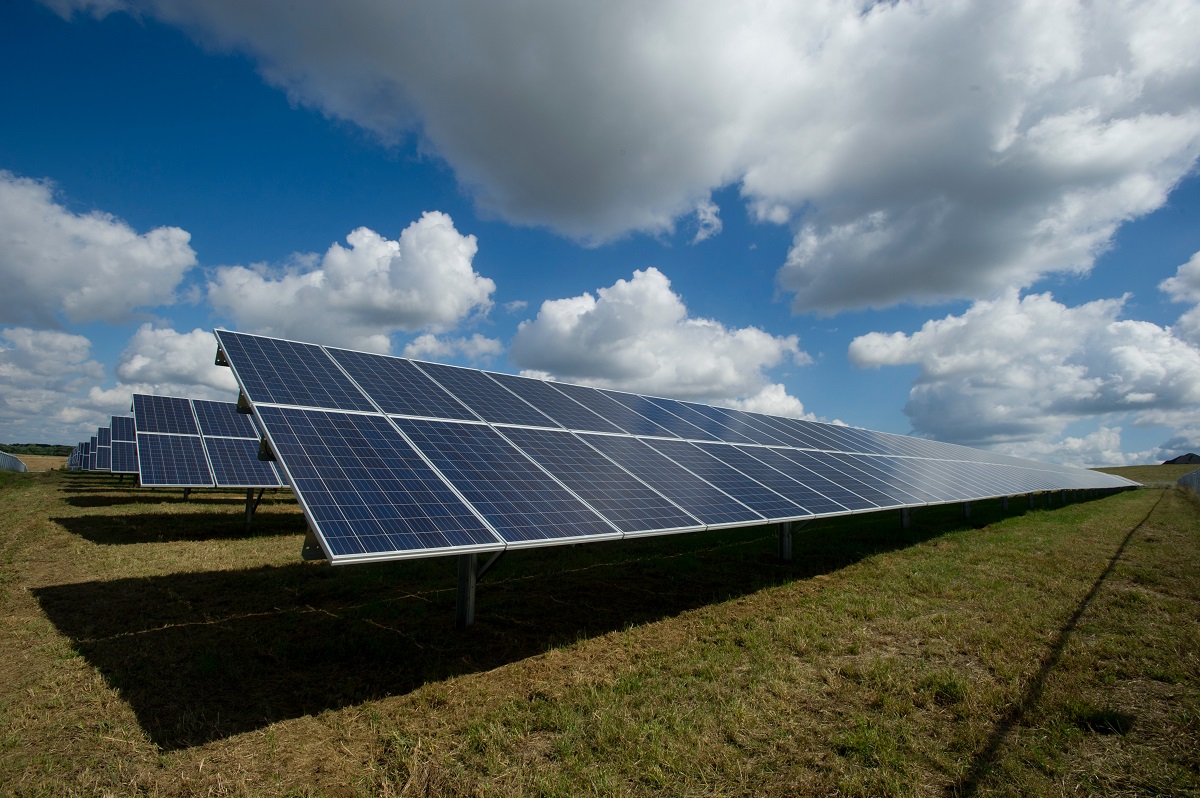The largest US electric grid operator PJM Interconnection has reported being swamped with demands from energy companies requesting connections to its regional transmission network in the eastern part of America. To resolve this, PJM Interconnection is proposing a two-year moratorium on reviewing more than 1,200 energy projects, the majority of which is solar power, Inside Climate News reported.
The situation is explained in part by solar power’s rapid rise in economic competitiveness as state energy laws and business sustainability strategies fuel the flourishing renewable energy industry. However, the stalemate is putting some solar firms out of business and raising doubts about the Biden administration’s objective of creating a carbon-free electrical infrastructure in only 13 years.
“Anyone paying attention would acknowledge that this has a tremendous impact on climate policy and energy policy in the United States,” according to Adam Edelen, a former Kentucky state auditor who now leads a firm that aims to bring solar projects and jobs to Appalachia’s struggling coal towns, which include West Virginia, Pennsylvania, Ohio, Virginia, and Kentucky.
Even though grid operators are a segment of the energy industry that is mostly obscure to the public, the backlog at PJM is a huge problem for renewable energy producers and clean energy advocates.
PJM, a non-profit, runs a competitive wholesale electricity market in 13 states as well as the District of Columbia, including Pennsylvania, West Virginia, and Kentucky, however, it’s not one that’s big on renewables. Only 6% of its distribution combination is made up of wind, solar, and hydropower facilities.
In the past, a few major projects, such as huge natural gas power plants, occupied PJM’s energy project backlog. Officials with PJM said they are now getting a flood of smaller projects, each of which requires investigation.
“Our system wasn’t designed to handle that kind of growth,” said Kenneth S. Seiler, vice president of planning at PJM.
About 2,500 projects are awaiting action by the grid operator, which is based in Valley Forge, Pennsylvania, outside Philadelphia.

